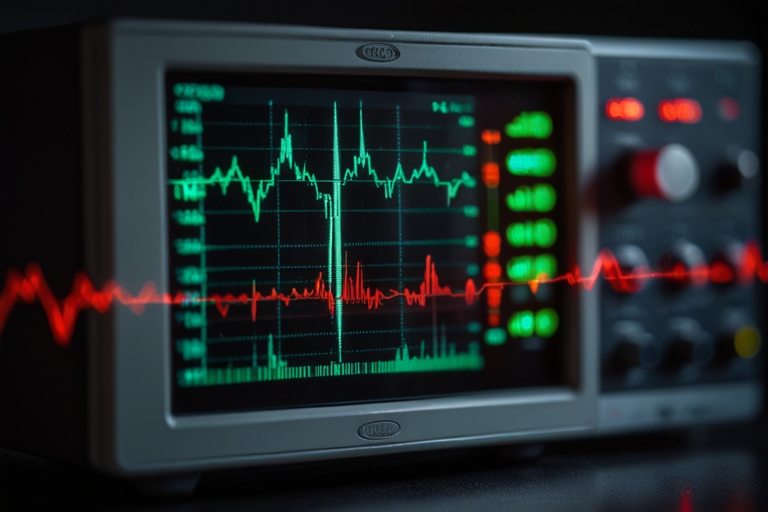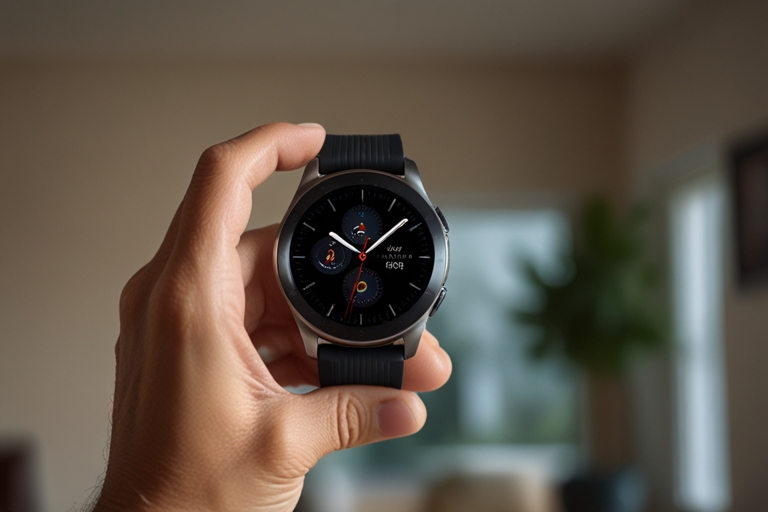
Kidney Delivered by Flying Drone
The announcement of the University of Maryland Medical Center (UMMC) in Baltimore that the patient, 44-year-old Trina Glipsy, was discharged from UMMC after a successful kidney transplant procedure marks the culmination of the successful first drone delivery of a donated human kidney.
“This whole thing is amazing,” said Glipsy, who has been on dialysis since 2011. “Years ago, this was not something that you would think about.”
The donated kidney was transported via an unmanned aircraft to UMMC where Glipsy was hospitalized for kidney failure. The unmanned aircraft flew over a densely-populated area at a height of 400 feet. As a precaution, throughout the entire 9.52-minute flight, operators of the unmanned aircraft were in radio contact with each other and maintained a visual line of sight. The Baltimore Police Department also blocked the ground traffic briefly along the flight path, while the aircraft flew overhead.
As an additional precaution, the unmanned aircraft which transported the donated human kidney was fitted with backup propellers, backup motors, dual batteries, a backup power distribution board, and a parachute in case the entire aircraft fails. The unmanned aircraft was also equipped with an organ-tracking device called “Human Organ Monitoring and Quality Assurance Apparatus for Long-Distance Travel” (HOMAL), a device that measures parameters such as temperature, barometric pressure, altitude, vibration and location via global positioning system during transportation. These parameters are then sent to the smartphone of transplant personnel to better understand the donated organ’s status.
“There remains a woeful disparity between the number of recipients on the organ transplant waiting list and the total number of transplantable organs,” said Joseph Scalea, MD, who is the project leader and one of the surgeons who performed the transplant at UMMC. “This new technology has the potential to help widen the donor organ pool and access to transplantation. Delivering an organ from a donor to a patient is a sacred duty with many moving parts. It is critical that we find ways of doing this better.”
According to the United Network for Organ Sharing (UNOS), nearly 114,000 people were on the waiting list for a lifesaving organ transplant in 2018 in the United States, while only 36,500 transplants were performed last year in this country.






